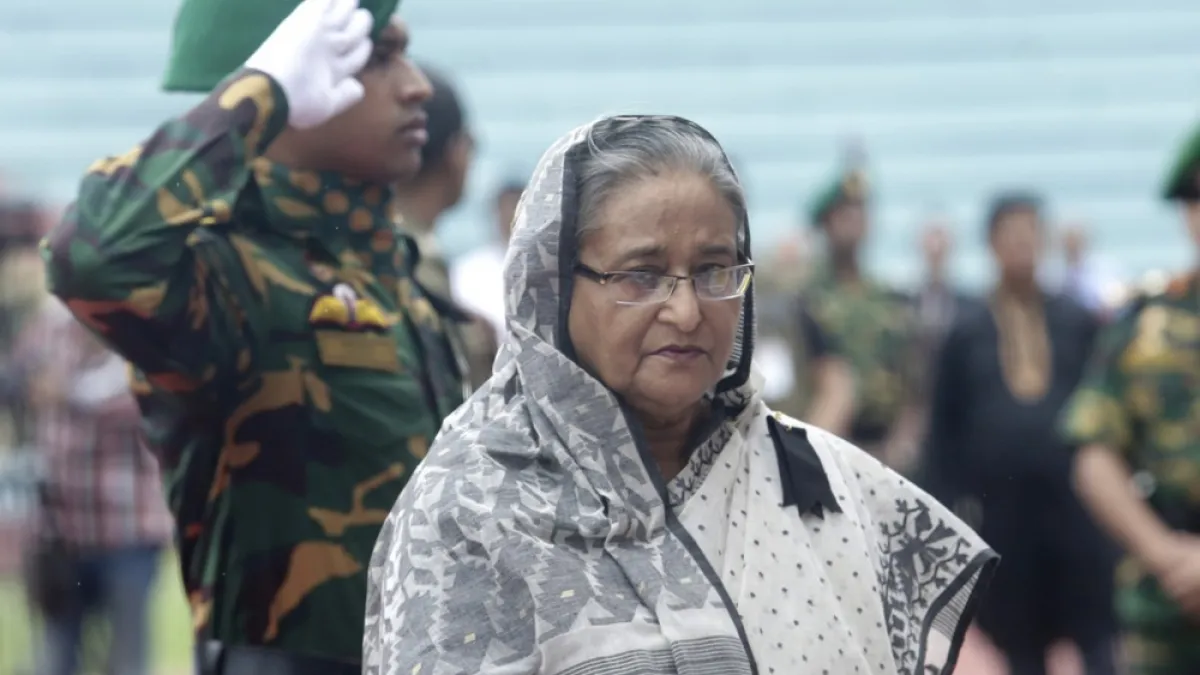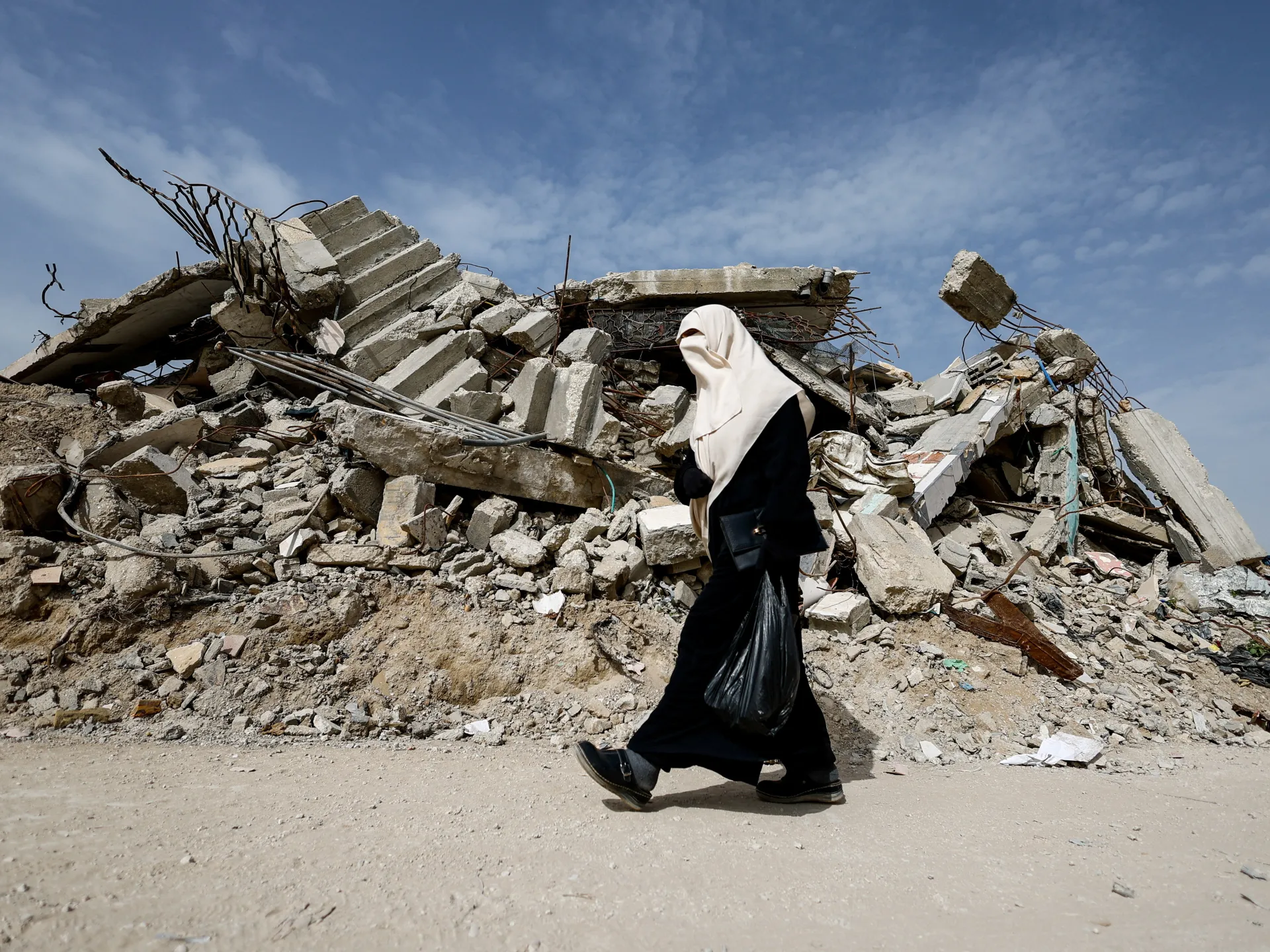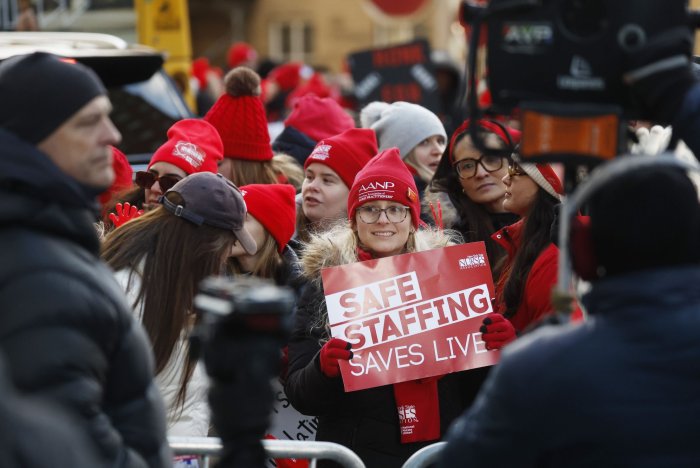Bangladesh approves shooting team India tour, days after T20 World Cup ban | Olympics News
Bangladesh cricket lost their place at T20 World Cup after refusal to play in India, but shooting team heads to New Delhi.
Published On 29 Jan 2026
Bangladesh has approved its shooting team’s tour to New Delhi for next month’s Asian Shooting Championships, days after the cricket team’s refusal to play in India due to safety concerns cost them a place at the Twenty20 World Cup.
Bangladesh have been replaced by Scotland in the T20 World Cup, which runs from February 7 to March 8, after they insisted they would not tour India, highlighting security concerns following soured political relations between the neighbours.
Recommended Stories
list of 4 itemsend of list
The International Cricket Council (ICC), citing independent security assessment reports, dismissed Bangladesh’s demands to play their World Cup matches in Sri Lanka, the tournament cohosts, instead, arguing the late change in schedule was “not feasible”.
However, media reports in Bangladesh said a three-member contingent comprising shooter Robiul Islam, his coach Sharmin Akhter and jury member Saima Feroze had received approval from the Ministry of Youth and Sports to compete in New Delhi.
The National Rifle Association of India (NRAI) secretary-general, Pawan Singh, confirmed the shooting team’s participation in India.
“Bangladesh’s participation was confirmed a month ago. Our applications for clearances for all nations have been in process for almost three months,” Singh told the Reuters news agency.
“We have to follow ISSF norms as a sport and comply with the IOC (International Olympic Committee) charter, and as NRAI, we have always received support from the government,” he said, referring to the International Shooting Sport Federation.
Singh added that the Bangladesh contingent did not request any extra security measures.
“The Bangladesh team has come to our tournaments many times, so they know our strict protocols well. Maybe that’s why they are confident and have not made any special requests.”
The Asian Shooting Confederation, which is organising the event, did not immediately respond to a request for comment.
The continental rifle and pistol shooting championship will be held in New Delhi from February 2 to 14.





